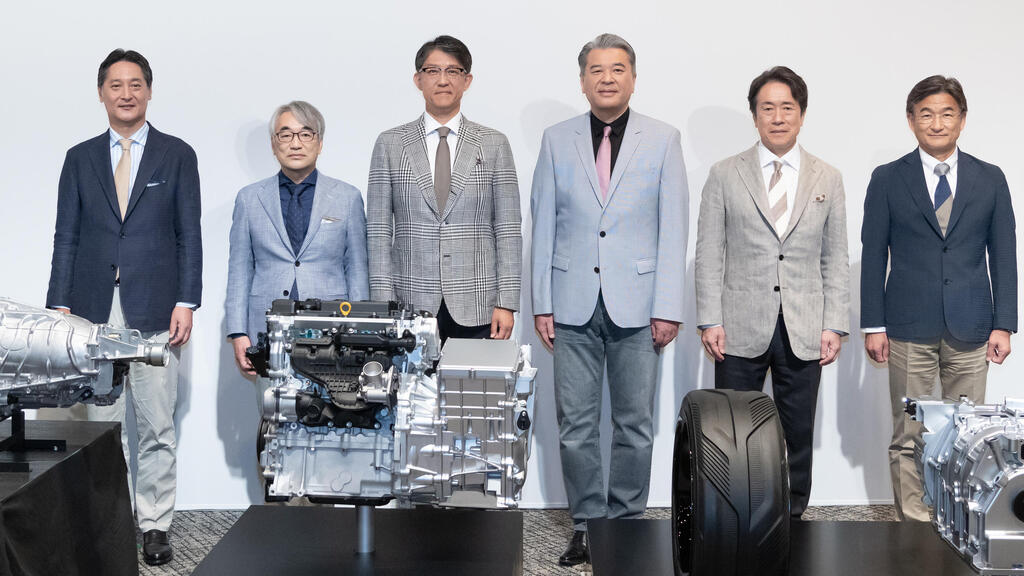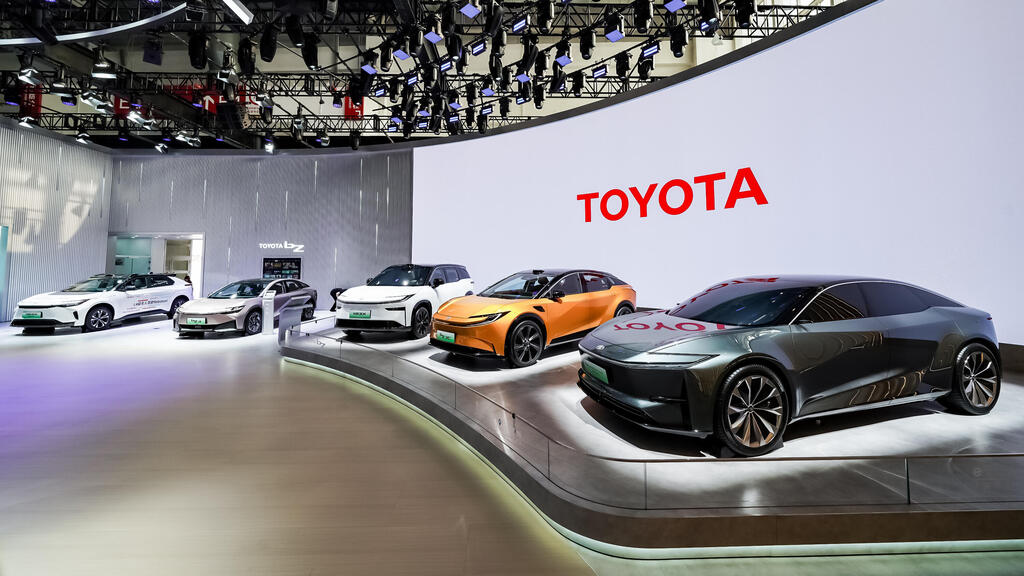Getting your Trinity Audio player ready...
Japanese automakers, long criticized for their reluctance to develop electric vehicles, have now unveiled their own strategy to combat air pollution. In a rare joint statement, Toyota, Mazda, and Subaru announced their commitment to continue producing gasoline engines, albeit in much cleaner and upgraded versions.
The declaration is not about joint engine development to reduce production costs but rather a clear intent to keep gasoline engines in their lineup. The automakers acknowledge the regulatory hurdles in Europe and the U.S. that complicate the introduction of electric vehicles.
Each of these companies, which are also developing electric cars, has a storied history of unique propulsion systems. Toyota is renowned as the pioneer of commercial hybrid technology. Mazda successfully commercialized rotary engines (Wankel engines, which use rotating triangular rotors instead of conventional pistons), and Subaru, alongside Porsche, is one of the only manufacturers producing boxer engines, where pistons move horizontally in opposition.
During their joint event, the three manufacturers showcased the next generation of their engines. Toyota presented gasoline engines described as "small and efficient." Subaru introduced a hybrid system compatible with its boxer engine. Mazda unveiled a plug-in hybrid system designed to work with its Wankel engines.
Despite their cooperation in the announcement, the companies emphasized that they are not collaborating on these developments and still consider each other competitors. They remain committed to gasoline as a practical option. The CEOs explained their plans to enhance their gasoline engines, aiming to introduce more advanced versions within two years. These engines will run on synthetic fuel—produced chemically rather than extracted from the earth—and will work alongside hybrid systems.



